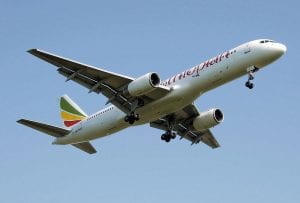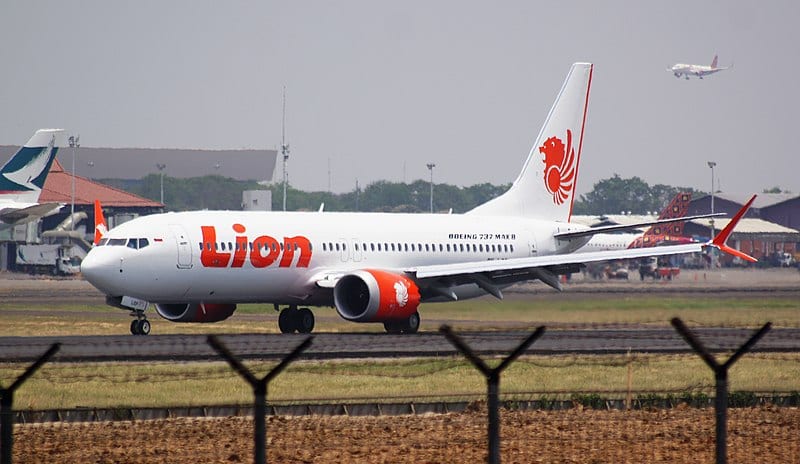The lawsuit suggests that Southwest Airlines tried to save money on training costs by pressuring Boeing to work around Federal Aviation Administration regulations.
A recently filed lawsuit alleges that Southwest Airlines played an outsized role in the development of the early Boeing 737 MAX pilot training program.
According to the legal filing, Southwest Airlines manager Bill Lusk asked Boeing officials—including Mark Forkner, the company’s chief technical pilot for the still-under-development MAX—if engineers could install a new flight control safety alert on one of Southwest’s older 737s.
The Seattle Times reports that attorneys believe the only reason Southwest made the request was so that both Boeing and the airline could tell the Federal Aviation Administration that the 737 MAX’s safety alert was not a new feature.
If the alert was not new, then Southwest would not have to pay for its pilots to attend additional, expensive training sessions.
Mary Schiavo, former U.S. Department of Transportation Inspector General and airline safety advocate, told the Times there is no other logical explanation for Boeing and Southwest’s apparent collusion.
“It’s hard to come up with any reason for that other than to deceive the F.A.A.,” Schiavo said. “It’s really appalling.”

Rick Ludtke, a Boeing engineer who designed the flight alert, told the Times he remembers when Boeing managers asked him to implement the system on an older 737.
“We laughed at them,” Ludtke said. “We thought they were nuts.”
The Wall Street Journal notes that the safety alert’s last rendition related to the predecessor of the 737 MAX’s Maneuvering Characteristics Augmentation System, or MCAS. MCAS, among other functions, helped the 737 MAX stabilize during certain in-flight maneuvers.
MCAS’s predecessor—RCAS—simply emitted aural instructions that would tell pilots to “roll left” or “roll left.”
But MCAS could actively seize control of the aircraft, enacting commands contrary to the pilots’ manual inputs.
When MCAS software or sensors failed, pilots could find themselves battling against an airplane taking them in the wrong direction—in some cases, back to the ground at high speeds.
The failure of the MCAS system led to two fatal crashes: Lion Air 610, and Ethiopian Airlines 302. The crashes everyone aboard both aircrafts, costing the lives of 346 pilots, flight crew, and passengers.
While pilots could counter faulty MCAS systems manually, most never received training, as Boeing had already deemed it unnecessary and cost prohibitive.
The recently filed lawsuit suggests that Southwest went to great lengths to ensure that Boeing took the right steps to avoid any additional scrutiny from the F.A.A., as the F.A.A. could order additional pilot trainings and education sessions.
Attorneys say that Boeing was so committed to saving money that it insisted its pilots who had flown earlier-generation 737s be exempted from simple classroom training sessions on the new airplane’s flight systems and alerts.
Since Southwest was Boeing’s “most influential” 737 MAX customer, its constant demands “infected every aspect of the birth and development of the new 737.”
Even when RCAS transitioned to MCAS, Southwest stood firm, saying that its pilots did not need to be extensively trained to overcome a potentially critical system failure.
Ludtke told the Times that Southwest’s initial financial concerns were grossly overblown: RCAS, for instance, would not have required scarcely any additional training.
But as the Times notes, the omission of RCAS from training was benign—but the later omission of the fully developed MCAS was not.
Unfortunately, Southwest and Boeing’s alleged collaboration to minimize the costs of implementing RCAS appear to transferred over to the comparatively complex MCAS, which, in turn, led to the deaths of hundreds.
Sources
Southwest Airlines proposed a ploy to deceive FAA on Boeing 737 MAX, legal filing alleges


Join the conversation!